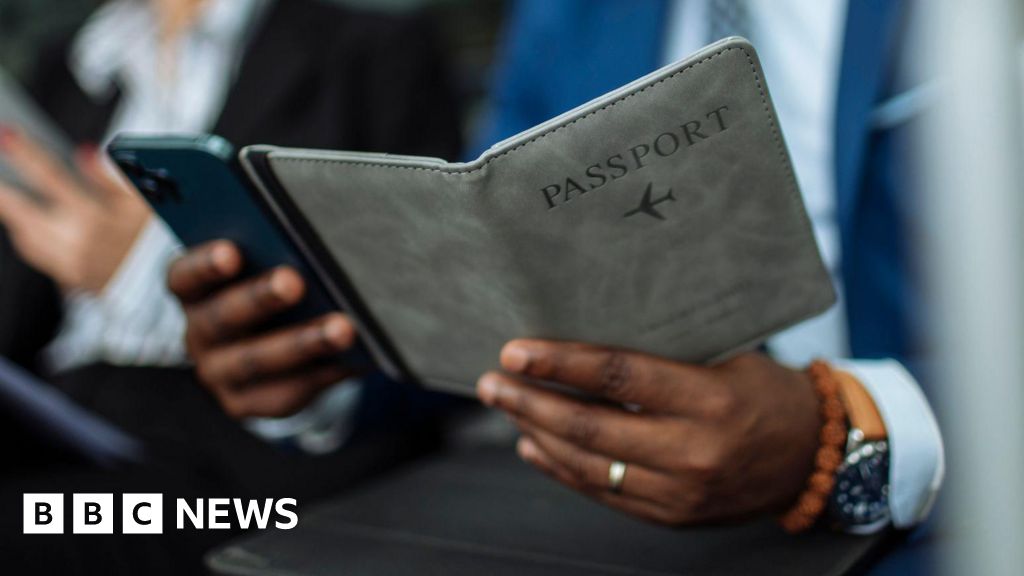The Socio-Economic Rights and Accountability Project (SERAP) informed a Federal Capital Territory High Court today that officials from Nigeria’s Department of State Services (DSS), who allegedly invaded its Abuja office, used false identities and arrived in two unmarked vehicles.
In September, SERAP accused the DSS of raiding its office after the organization sent a letter urging President Bola Tinubu to investigate corruption allegations within the Nigerian National Petroleum Company Limited (NNPCL) and to reverse the increase in petrol prices.
The DSS later stated that their visit was part of a “routine investigation.” However, two officials subsequently filed a defamation lawsuit against SERAP, seeking damages exceeding N5 billion.
In a statement of defense and sworn affidavit, senior lawyers Tayo Oyetibo, SAN, and Ebun-Olu Adegboruwa, SAN, representing SERAP, told the court that one DSS operative identified herself as ‘Sarah David’ to hide her real name, illustrating the agency’s alleged bad faith.
The lawyers emphasized that the DSS does not typically engage with NGOs for social or relationship-building purposes, neither in Abuja nor elsewhere.
Justice Yusuf Halilu of Court 13 adjourned the case until November 29, 2024, for further hearings.
In their defense, SERAP’s statement reads, “SERAP denies the claims made by the DSS and its officials and will ask the Court to dismiss these claims as baseless and vexatious, with substantial costs awarded to SERAP.
“One DSS operative signed the visitor’s book as ‘Sarah David,’ not ‘Sarah John’ as listed in the lawsuit. A copy of the visitor’s book, showing the use of a false name, will be presented during the trial.”
“The DSS arrived demanding to meet with SERAP’s management, requesting documents and interrogating the front desk officer,” the statement continued.
The lawyers indicated that the agency’s public justification for the visit was inconsistent with their claims in court. “The DSS, in its September 10, 2024 public statement, described the visit as a routine investigation. This contradicts the lawsuit’s claim that the visit aimed to establish a relationship with new leadership at SERAP.”
SERAP also refuted the DSS’s assertion that the NGO had a front desk officer named ‘Ruth,’ challenging the plaintiffs to prove this.
The statement further described how the DSS official demanded incorporation documents and interrogated SERAP’s staff. One operative, in response to calls from colleagues stationed outside, indicated they would not enter as key personnel were absent.
The situation reportedly intensified, causing the front desk officer to advise the DSS official to issue an official letter for any further inquiries.
“The questioning tactics, unmarked vehicles outside, and continuous pressure alarmed other staff, who feared an imminent raid,” SERAP noted.
SERAP revealed that the DSS convoy only departed after media outlets arrived to cover the unfolding scene.
“Following media coverage, the operatives moved their vehicles and left,” the organization stated.
“The DSS’s actions caused severe psychological distress, with some SERAP staff reluctant to return to work due to fear of arrest,” the statement claimed.
“The DSS did not record the interactions as alleged and must provide proof,” SERAP’s defense asserted.
SERAP reaffirmed its commitment to promoting human rights and justified the content of its September 9, 2024 public statement as truthful and within its rights.
The organization argued that its publication did not identify the DSS officials by name and that generic descriptions could apply to many DSS staff members, rendering the defamation claim groundless.
“The officials did not disclose their true names during the visit, making it impossible for the publication to refer specifically to them,” SERAP concluded.

 2 weeks ago
51
2 weeks ago
51















 English (US) ·
English (US) ·